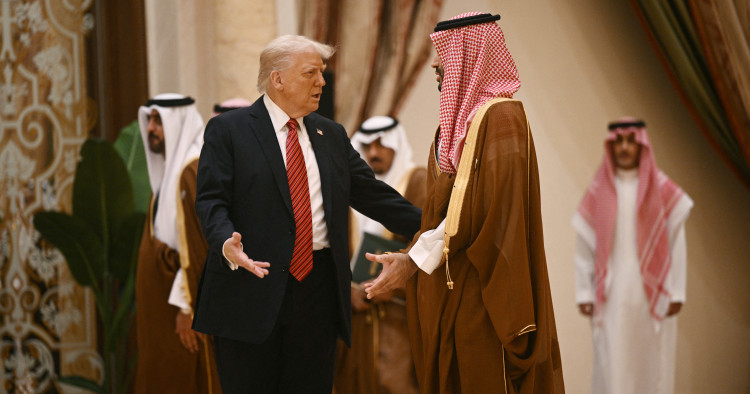President Trump’s recent visit to the Gulf region marked a dramatic shift from the previous administration’s Middle East diplomacy. In his visit to Saudi Arabia, the UAE, and Qatar, Trump focused on securing significant investment commitments and commercial partnerships to support the region’s AI and other ambitions.
The trip showcased Trump’s transactional approach to foreign policy—one focused on bilateral deals rather than regional frameworks, and economic partnerships over military interventions. It also raised important questions about oil markets, geopolitical competition with China, nuclear agreements, and the future of energy prices.
So what are the likely impacts of massive investment pledges from Gulf nations? Do low oil prices limit the ability to make good on them? What is the outlook for oil prices with uncertainty over OPEC+ policy, a possible Iran deal, and possible new sanctions on Russia? And what does Trump’s transactional diplomacy mean for traditional alliances and regional stability?
The Middle East Institute (MEI) is an independent, non-partisan, non-for-profit, educational organization. It does not engage in advocacy and its scholars’ opinions are their own. MEI welcomes financial donations, but retains sole editorial control over its work and its publications reflect only the authors’ views. For a listing of MEI donors, please click here.













